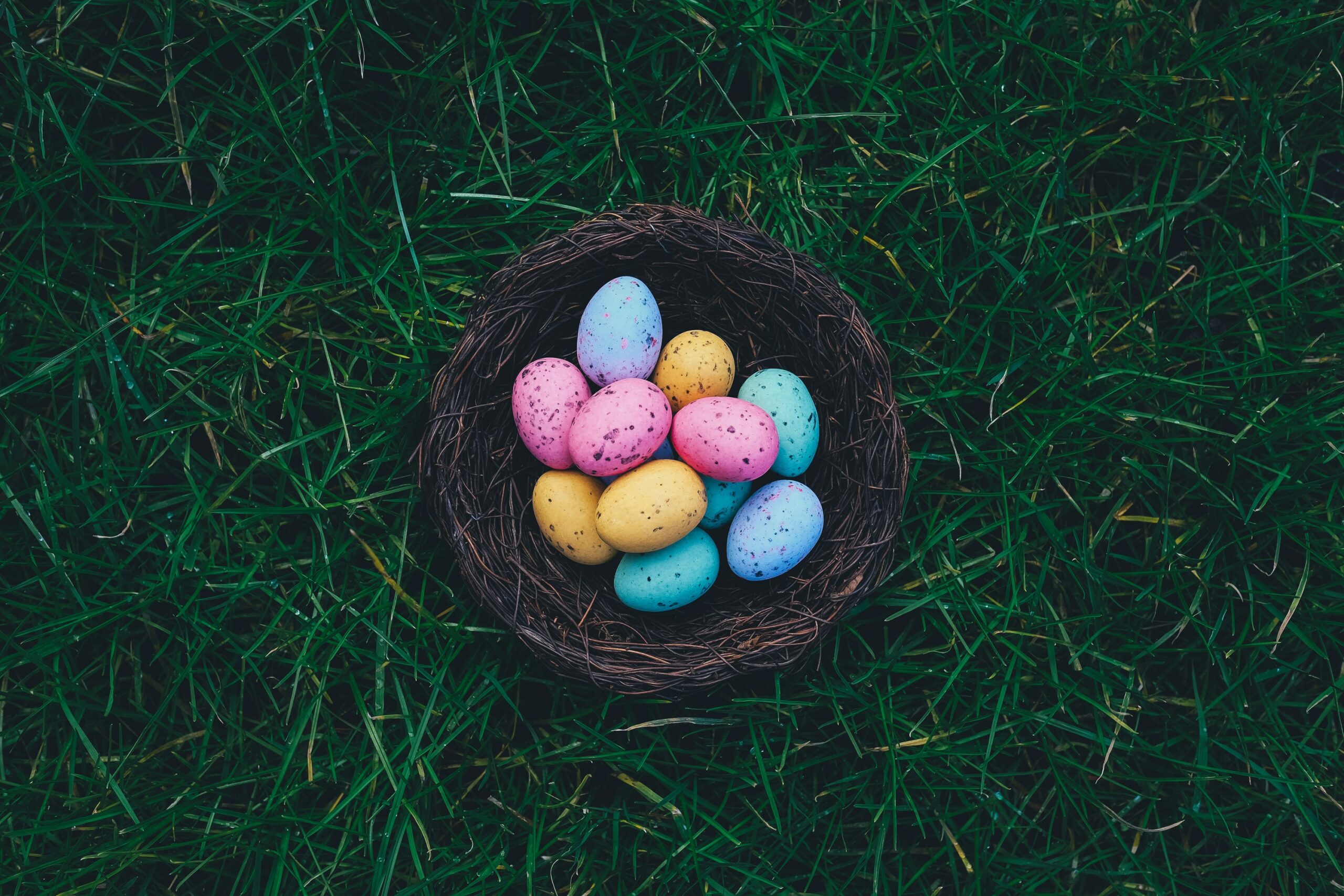Every year, around March/April time, there is one special day on which my mother presents me with an egg-shaped sphere of chocolate at the breakfast table. And each year I gobble it all up, excitement mixed with a touch of disorientation, surprised that my usually strict mother has allowed me to eat chocolate for breakfast. Yet, while basking gratefully in this blissful moment of chocolatey goodness, I have year after year neglected to ask; what actually lies behind this tradition, and why do we continue to perform it?
The following question begs to be asked; in today’s day and age, has gifting Easter eggs become mere muscle memory, a built-in calendar date to let our sweet tooths run wild? Or is there still a history and culture behind it that manages to retain its value in a decreasingly religious and increasingly capitalist modern-day world?
In Christian tradition, Easter Sunday, the Sunday after Good Friday, is the day that commemorates Christ’s resurrection. Originally, eating eggs was not allowed by Church leaders during the week leading up to Easter (Holy Week), so any eggs laid that week were saved and decorated to make Holy Week eggs, which were in turn gifted to children. Our own 21st-century chocolatey tradition has most likely evolved from this, with the first chocolate eggs appearing in France and Germany in the 19th century. The first chocolate Easter eggs found in the UK were released in 1873 by the company Fry’s.
A lot has changed since then; as the art of chocolate-making became refined and perfected, the practice of exchanging chocolate eggs began to proliferate. In fact, today, the chocolate is probably all a lot of us think about when we think about Easter, and Easter eggs. Could it be that this originally Christian holiday has become a mere indulgence, a chocolate-lover’s wet dream (and a dentist’s worst nightmare)?
“In Ireland, children will receive an average of four eggs each Easter, with almost one in five receiving six eggs or more”
“In Ireland, children will receive an average of four eggs each Easter, with almost one in five receiving six eggs or more”
Easter has become the second best-selling candy holiday in America, topped only by Halloween. A uniquely 21st-century mass-market approach to Easter eggs has emerged; where they used to be lovingly hand-painted or savoured, you can now get a kilo of mini eggs for a tenner. Any colour or any flavour you like at the nearest supermarket, and for a good price too! In Ireland, children will receive an average of four eggs each Easter, with almost one in five receiving six eggs or more. Together, they are estimated to consume at least five million Easter eggs of 460 tonnes of sugar over Easter weekend.
Can the commercial and the mass-produced, such as the Easter egg seems to have become, really retain any semblance of meaningfulness, or are they just as hollow as their shells? As Venetia Newall points out, the version of Easter eggs that “American industry” spawns out, are “no more than a decorative article,” “a pretty triviality.” The Victorian practice of satin-covered cardboard eggs filled with Easter gifts perhaps feels more expressive, while the birth of the Fabergé egg (lavish jewelled eggs) amongst the Russian monarchy at around the same time, is something else entirely.
“Easter eggs, no matter what their shape, form, or substance, are equally guaranteed to taste good, and to be a part of something much bigger”
“Easter eggs, no matter what their shape, form, or substance, are equally guaranteed to taste good, and to be a part of something much bigger”
But something does not have to be one of a kind or expensive to be meaningful. Indeed, this is one of the great merits of Easter, in comparison with the often more pressurised acts of gift giving during other holidays like Christmas or Valentine’s Day. Easter eggs, no matter what their shape, form, or substance, are equally guaranteed to taste good, and to be a part of something much bigger. As Hotel Chocolat themselves write on their website: “there is a long and rich history behind the hollow chocolate egg we know and love,” and I would argue that that history stretches out far beyond an exclusively Christian religious context.
Though Christianity certainly plays an important role in understanding the accumulated significance of Easter eggs, a lot of Easter traditions are actually not found in the Bible at all. Rather, Easter eggs can be traced back to pagan traditions. The egg, an ancient symbol of new life, fertility and rejuvenation, has been connected with pagan festivals celebrating the beginning of spring, as marked by the spring equinox, a natural event that happens when the sun is exactly above the equator, creating an equal duration of night and day.
Therefore, Easter eggs hold a much wider sense of importance that exceeds the limits of one particular faith. It is also about the honouring of spring more generally, a time to embrace the new season and all the promises it brings, and let go of the old, alongside any disappointments or hardships we might faced earlier in the year. With this in mind, the meaning of the modern day Easter egg should not be seen as having been lost or diluted but rather extended; today the practice of gifting Easter eggs can and should stress across various religious and personal beliefs, ages, classes and backgrounds, as a more fundamental honouring of love and kindness, whether to yourself, or another.
This year Easter Sunday falls on March 31, the end of Week 10 of Hilary Term. With exam and deadline stress beginning to creep up on us (if it hasn’t already smothered us, that is), it can be a tricky time of year. Whether for god’s sake, for goodness’s sake, or just for your own sake; embrace the sweetness of spring and go buy yourself an Easter egg.






